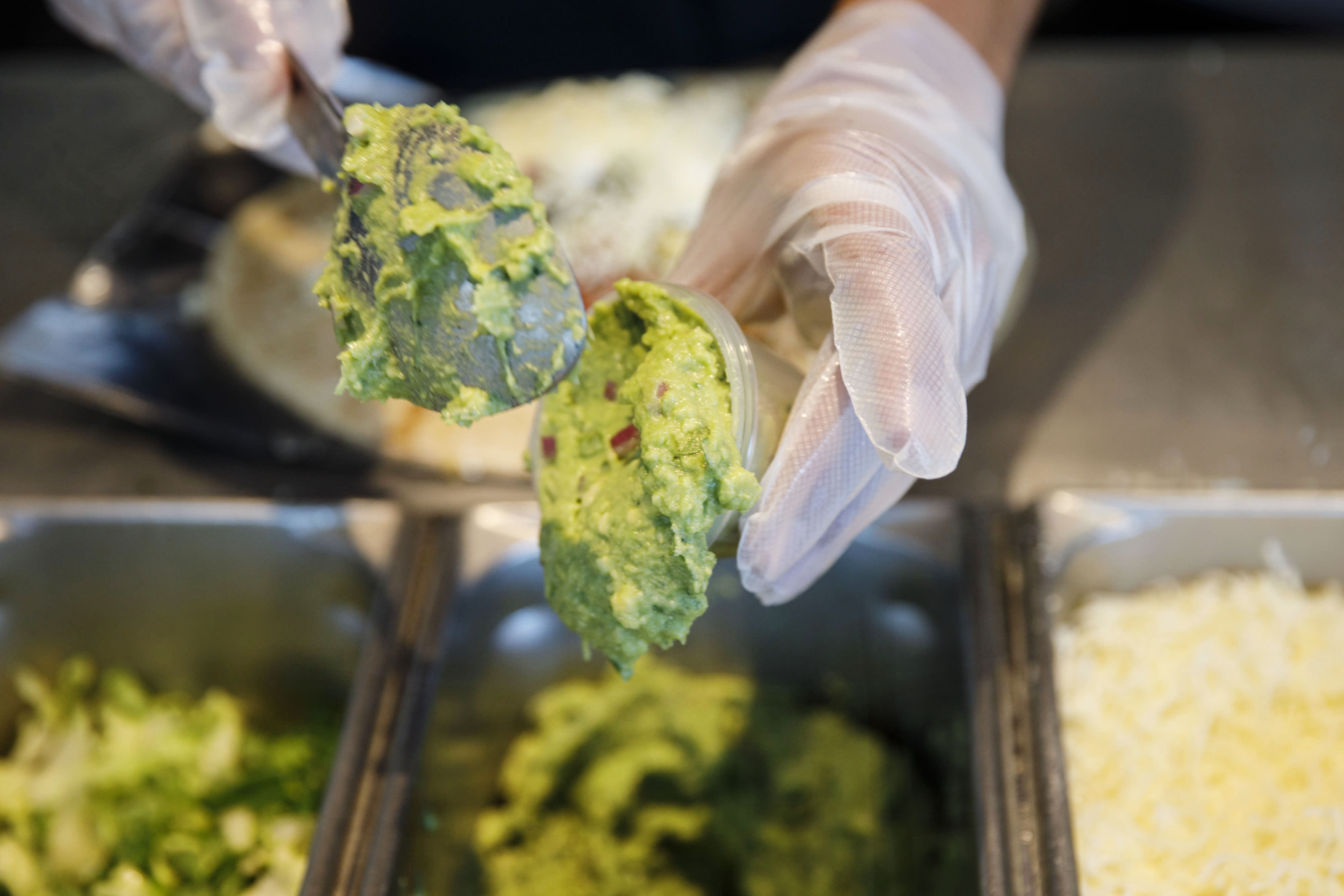Mexico’s foreign minister warned Monday of dire economic consequences if the United States imposes the tariffs that President Trump has threatened as punishment for the flow of migrants transiting to the U.S. border. Marcelo Ebrard, who spoke at a news conference in Washington, said the threat would have no impact on Mexico’s immigration policy.
“Mexico is ready to work on issues of common interest,” Ebrard said. “The imposition of tariffs will have a counterproductive effect and would not reduce the migratory flow.”
Ebrard said he and other officials would spend the next several days attempting to persuade the White House not to follow through on the tariffs, which Ebrard and the other Mexican officials said would be disastrous.
“What are we doing? Diplomacy,” he said.
But it remained unclear what shifts in immigration enforcement Mexico could propose that would satisfy Trump. The Trump administration has said Mexico must do more to secure its southern border with Guatemala and interdict buses of migrants.
The administration has also urged the implementation of a so-called “safe third country” agreement that would pressure asylum seekers to apply for residence in Mexico rather than the United States, making it easier for U.S. immigration agents to turn them around if they show up at the border.
Ebrard said Monday that such a policy “would not be acceptable to Mexico.”
He emphasized that Mexico’s main proposal to stop migration is to invest in Central America and that its immigration policy was bound by international treaties on migration, Mexico’s constitution “and its own dignity.”
“If there are only punitive actions, it’s not going to work,” Ebrard said, adding that so far the United States has been slow to cooperate on a joint aid program to reduce migration.
“We don’t have until today a single project in place,” he said.
Other senior Mexican officials spoke at the news conference about what would be lost if the tariffs were implemented. The agricultural industry would lose $1.4 billion a year with a 5 percent tariff, said Víctor Villalobos, Mexico’s secretary for agriculture and rural development.
The tariffs would be very damaging, not just for Mexico “but for the supply chain every day that produces goods in Mexico and in the United States,” said Mexico’s economy secretary, Graciela Márquez Colín.
Other Mexican officials talked about the impact the tariffs would have on the renegotiation of the North American Free Trade Agreement (NAFTA). Hours before Trump made the threat of tariffs, Mexican President Andrés Manuel López Obrador sent the United States-Mexico-Canada Agreement (USMCA) — the deal, dubbed NAFTA 2.0, that Trump has boasted about — to Mexico’s Senate for ratification. That vote has not yet been held.
“We came up with very good agreement, one that Trump himself has celebrated. What we need to do is what we were doing last week,” said Jesus Seade, Mexico’s deputy foreign minister for North America.
“All of a sudden we have this enormous distraction,” he said.
In a Sunday tweet, López Obrador, referring to himself in the third person, wrote, “The president of Mexico wants to continue being a great friend of President Trump.”
That was a striking change in tone from a letter López Obrador sent to Trump on Thursday, in which he said Trump’s “America first” policy was “a fallacy.”
Over the last few days, Ebrard had been periodically live-tweeting Mexico’s preparations for its meetings with American diplomats on the tariff issue. There was a selfie at the airport, a picture of Mexican diplomats in a boardroom and a photo of Márquez Colín, the Mexican economy secretary, with U.S. Commerce Secretary Wilbur Ross.
In his tweets, as in his news conference, Ebrard attempted to offer reassurance that the threat of tariffs could be averted through diplomacy.
“The contacts are multiplying. The negotiation is ongoing,” he wrote under the photo of Márquez Colín and Ross.
In another tweet, he warned the United States of the policy’s consequences in the agricultural industry. “Avoid shooting yourself in the foot,” he wrote.
Read more:
Mexico’s Andrés Manuel López Obrador consolidates power with governorship wins
What is Mexico doing — and not doing — to keep migrants from crossing into the U.S.?
Grave concerns over tariffs reflected in Mexico’s diplomatic push for a deal
Today’s coverage from Post correspondents around the world
Like Washington Post World on Facebook and stay updated on foreign news
https://www.washingtonpost.com/world/the_americas/mexican-foreign-minister-prepares-washington-meetings-to-avert-the-threat-of-tariffs/2019/06/03/aac724dc-85fd-11e9-98c1-e945ae5db8fb_story.html
2019-06-03 16:11:00Z
CAIiEHC7AQCKxRkqBIKlJuesxo8qGAgEKg8IACoHCAowjtSUCjC30XQwn6G5AQ




